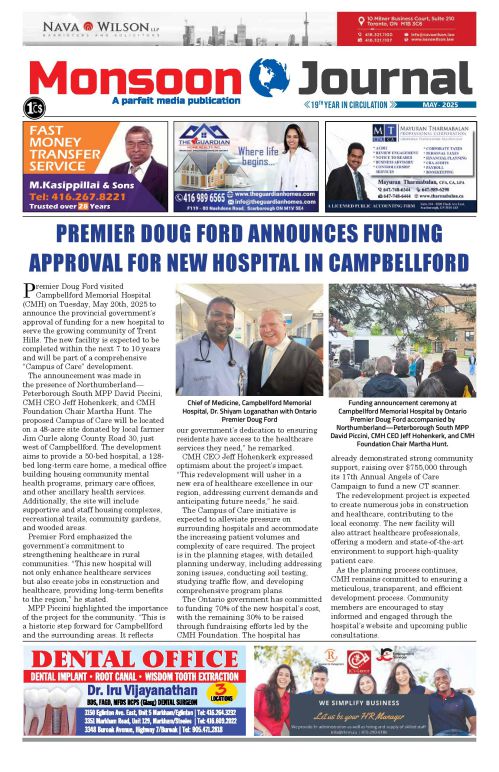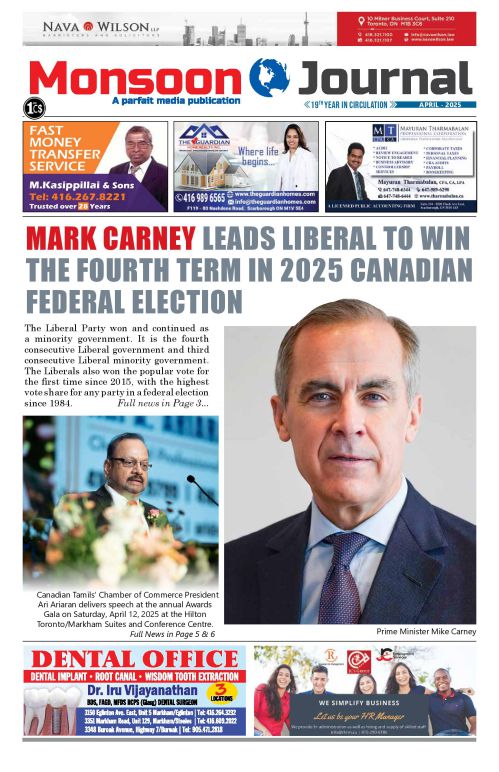Today’s decisions could cost tomorrow
David Joseph, M.A.(Economics), CFP® , CLU, RRC.
Every day, Canadians are faced with spend versus save decisions that will have an eventual impact on their future financial life and the quality of their retirement years. Here’s the dilemma in a nutshell: “I know I should save for my retirement but that new big screen LED TV is on sale for a great price and it would be a terrific upgrade for our family room”.
Maybe you have just noticed that new car in the driveway next door and you think, “Hey, if the Joneses can afford that, then I can, too”. Next thing you know, you are looking up from under a mountain of debt.
Today we don’t make decisions based on what things cost but rather on how much we can afford per month. That really alters the way people behave, because it’s much easier to absorb a $ 400 a month car payment than pay $ 40,000 for a vehicle. Much of our spending was facilitated by money we didn’t have.
Sure, it’s difficult to think about a distant future plan (something intangible that is way down the road) when you can get something you want today, this is why many people don’t set realistic goals. But, in this case the solution seems obvious: Stay with the perfectly serviceable TV you’ve already paid for and put the money you would have spent on the new one into a retirement fund (or some other investment). Simple, right?
But there’s much more to effective financial planning than investing in investments held within an RRSP or other savings vehicle. While it is undeniably true that the earlier you start saving, the better – especially within a tax-reducing, tax-sheltered RRSP where the magic of compounding enhance your investment growth over time – the first thing you need to know is what you are saving for. In other words, you can’t measure a future need without knowing what that need will be. So start by carefully defining your objectives – some are straightforward, like your desire to buy a larger home at some future date; others require much more thought, like looking at your retirement from every angle and defining the level and duration of finances you will eventually need to achieve your dreams.
Goals give you direction, a purpose for the way you spend your money and the way you live. Goals motivate and encourage you. They help you use your money to do the things that are important to you. The first step in financial planning is to think about what your goals are and then to work with a qualified financial planner to determine how much you will need to save to achieve your goals.
Once you’ve made your calculations, it’s time to decide on how and how much you should invest to reach your objectives. And now things become even more complex:
- What happens if the amount you think is adequate gets eaten up by an inflation level that escalates some times in the future?
- What if your choices of investments do not provide the levels of returns you will one day need – because the returns have been reduced by market volatility or an unexpected economic downturn?
- What if your income – and thus, your ability to save – is affected by ill health, a workplace accident, a sudden unexpected expense, or even job loss?
But don’t be deterred – there are answers to all these questions, ranging from an effective investment diversification strategy to insurance coverages that will protect you, your family, your income and your estate.
The best way to achieve your financial and retirement goal is having access to sound financial advice grounded in a comprehensive financial plan. Advisors perform tasks vital in the financial lives of their clients including improved financial literacy, developing a culture of savings and investments, developing and executing a financial plan, selecting appropriate financial vehicles and products and improving investment decision making.
Canadians agree that Financial Planning pays off by delivering real value. Two recent studies- “The Value of Financial Planning” and “The Value of Advice” report a majority of Canadians agreed that by choosing financial advice, they accumulated more assets and were better prepared, financially, for retirement. Most also felt that integrated financial planning improved their ability to save, made them less concerned about their financial situation and feel better about having the discretionary income to lead the life they want-and very importantly, it gave them greater peace of mind.
Yes, comprehensive financial planning is complex – and also vital. Make the right decisions today and for your future by talking to a professional advisor.
Disclaimer:
This report specifically written and published as a general source of information only, and is not intended as a solicitation for mortgage or to buy/ sell specific investments or insurance, nor is it intended to provide investment advice. For more information on this topic, please contact me.











